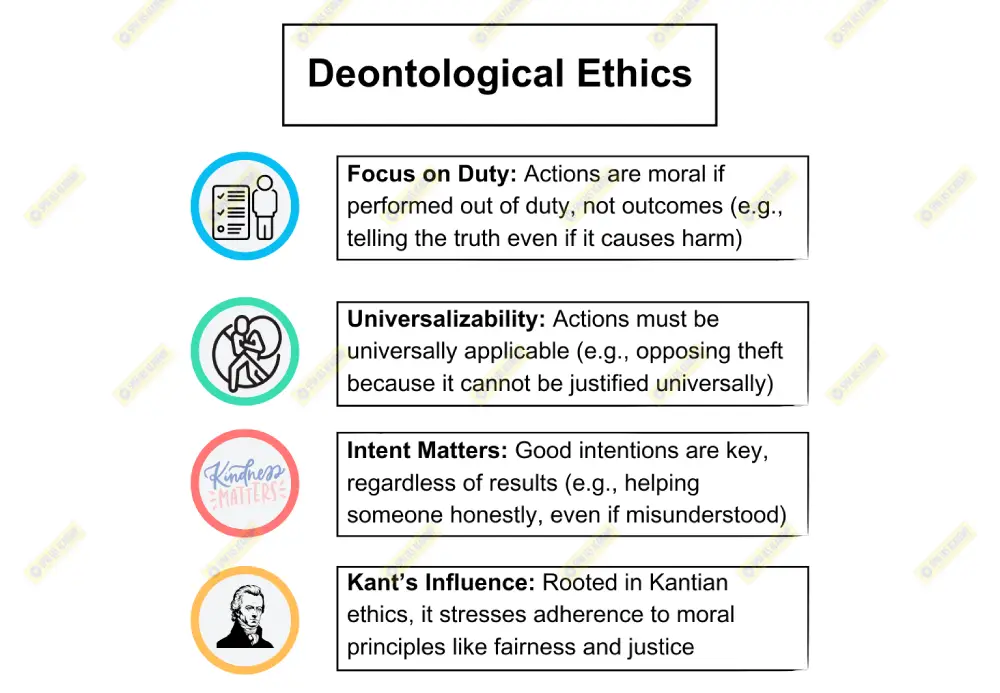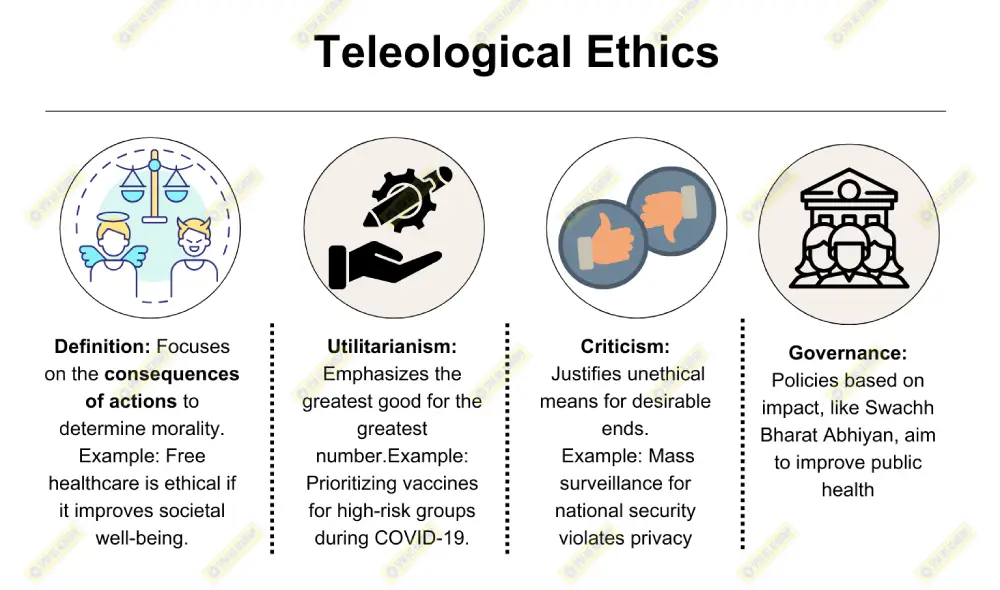Public servants often face dilemmas where legal mandates conflict with empathy and compassion, raising questions about balancing rule of law with humanitarian ethics. This challenge is particularly significant in India, where justice and welfare of the people are enshrined as constitutional values. Mahatma Gandhi aptly said, “The best way to find yourself is to lose yourself in the service of others,” emphasizing the moral responsibility of public servants to act with both legality and compassion. Resolving such dilemmas requires a balance between Deontological Ethics (duty-based actions) and Ethics of Care (sensitivity to human suffering).
Resolving the Dilemma

1. Adherence to the Rule of Law with Flexible Interpretation
- Laws are the foundation of public administration, ensuring accountability and uniformity. However, the spirit of the law often allows for discretion to address exceptional circumstances with compassion.
- Example: In 2020, during the COVID-19 lockdown, IAS officer Smita Sabharwal arranged emergency transportation for migrant workers despite rigid restrictions, demonstrating adherence to the law while addressing humanitarian needs.
2. Empathy as a Guiding Principle
- Public servants must view legal provisions as tools to serve public welfare, aligning with Sarvodaya (welfare of all) advocated by Gandhi. Empathy helps bridge the gap between procedural correctness and human needs.
- Example: A district collector, facing flood victims demanding unauthorized aid, can empathize with their plight and seek temporary legal provisions or discretionary powers to address their immediate needs.
3. Prioritizing Justice Over Procedural Rigidity
- John Rawls’ Theory of Justice emphasizes fairness, requiring public servants to prioritize equity in delivering services. This involves navigating around rigid laws to ensure social justice for vulnerable groups.
- Example: During tribal displacement for a development project, an officer can prioritize rehabilitation efforts over strict deadlines, ensuring fair treatment while complying with legal requirements.

4. Moral Courage and Accountability
- Resolving such dilemmas often requires moral courage to make decisions that align with integrity and the public interest. Public servants should act transparently, documenting their decisions to remain accountable while upholding ethical governance.
- Example: Former Kerala Chief Secretary K.M. Abraham resisted pressure from political leaders to divert funds, prioritizing fiscal integrity and public welfare.
5. Seeking Guidance from Constitutional Principles
- Public servants should align their decisions with Directive Principles of State Policy (DPSPs) and fundamental rights, which advocate welfare, dignity, and equality.
- Example: A police officer handling a protest can avoid excessive force, respecting citizens’ right to protest while maintaining public order.
What Should Be Prioritized?
A public servant should prioritize:
- Rule of Law: Ensures legitimacy and trust in governance.
- Compassionate Implementation: Adapting legal provisions to minimize human suffering.
- Long-Term Justice: Balancing immediate empathy with sustainable solutions that uphold fairness.
Public servants must act as ethical leaders, balancing the letter of the law with its spirit to uphold justice and public welfare. As B.R. Ambedkar stated, “Law and order are the medicine of the body politic and when the body politic gets sick, medicine must be administered.” This means laws must serve humanity, and empathy must complement duty, ensuring governance that is both lawful and compassionate.











